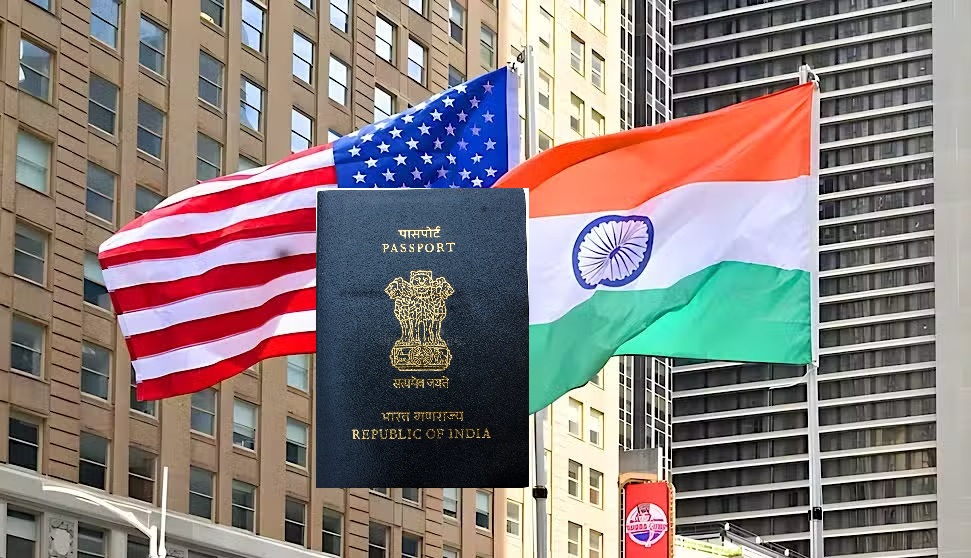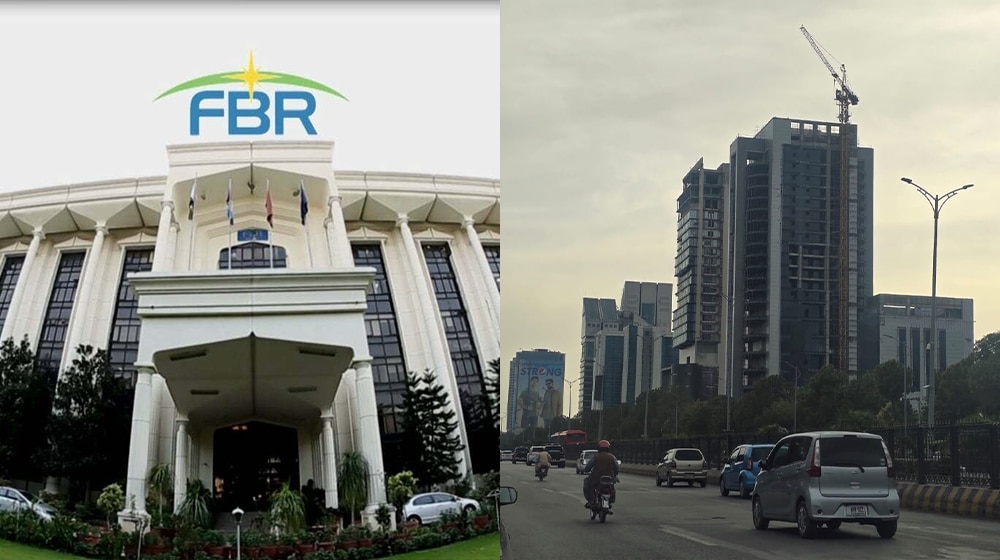Let’s be honest—immigration has always been a hot topic in the United States (U.S.), especially during the Trump years. But the temperature just got turned up again.
As part of renewed efforts to enforce immigration laws, U.S. authorities are zeroing in on visa overstays—and Indian nationals are front and center. Officials have been crystal clear: no matter your situation, if you’re violating the terms of your visa, you’re at risk.
Whether you overstayed by a few days or several months, the consequences are the same: deportation and a future travel ban.
7.25 Million Indians Living Illegally in the U.S.? Yes, You Read That Right
According to official estimates, there are roughly 7.25 million Indian nationals currently in the United States without proper legal status. That’s a staggering number—and it’s a big reason why this latest warning is so important.
Also Read:
Pakistan Prioritizes Peace, Response to India was Measured”: DG ISPR
While many people associate illegal immigration with border crossings, visa overstays actually make up a huge chunk of undocumented residents in the U.S.—and now, Indian nationals are coming under increased scrutiny.
Asylum Applications Are Soaring—But So Is the Pressure
Here’s another eye-opener: over 51,000 Indian nationals applied for asylum in 2023. That’s not just a jump—it’s a 470% increase over the past five years.
Why the sudden surge? Applicants often point to a mix of reasons, including:
-
Economic instability
-
Political unrest
-
Fear of persecution
For many, seeking asylum in the U.S. seems like a lifeline. But that process isn’t a guaranteed safe harbor—and for those whose applications are denied, staying beyond the legal limit can trigger serious legal consequences.
The Embassy’s Message Is Clear: Follow the Rules, or Face the Fallout
So what does all this mean if you’re an Indian citizen planning to study, work, or travel in the United States?
It’s simple: stick to the rules.
Follow the terms of your visa, keep track of expiration dates, and if your situation changes—take action before you overstay. Whether it’s applying for an extension, adjusting your status, or simply booking that return ticket—being proactive is key.
The U.S. government isn’t just handing out warnings for fun. This is part of a sweeping enforcement initiative, and it’s not going away anytime soon.
Why This Matters: More Than Just Paperwork
Visa violations don’t just mess with your travel plans—they can derail your career, your education, and your future. A deportation record can stick with you for life, making it nearly impossible to enter the U.S. again, even if your situation improves down the line.
And let’s not forget the ripple effects:
-
Loss of job or academic opportunities
-
Family separation
-
Financial strain
For many, it’s not just a legal issue—it’s a life-altering one.
US Immigration: Tougher Times Ahead?
While this warning might feel like a shock, it fits a larger pattern. Even though the Trump administration ended in 2021, its tough-on-immigration legacy still echoes through current policies.
Visa overstays, once seen as a bureaucratic hiccup, are now being treated as serious violations of law—with serious consequences to match.
And as the 2024 U.S. presidential election cycle heats up, expect immigration to become a centerpiece issue once again.
The Bottom Line: Don’t Let a Visa Slip Cost You Everything
If there’s one takeaway here, it’s this: visa rules in the U.S. aren’t optional. They’re strict, and they’re being enforced more aggressively than ever—especially when it comes to Indian nationals.
Whether you’re already in the U.S. or planning to go, now’s the time to get your paperwork in order. Because when it comes to immigration law, a single misstep could shut the door permanently.



